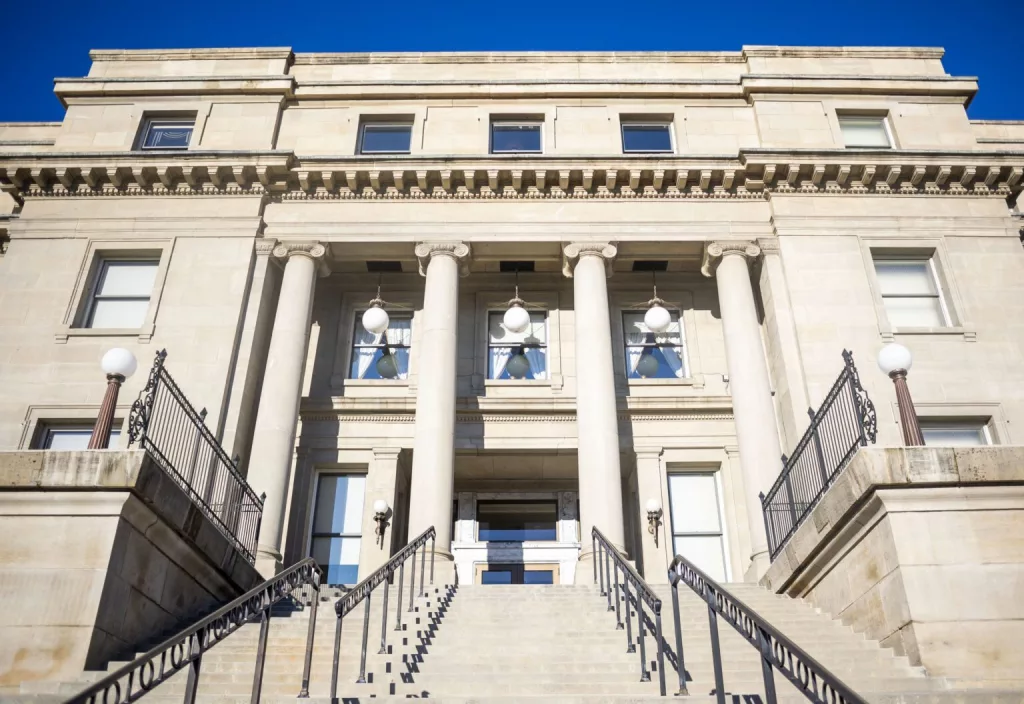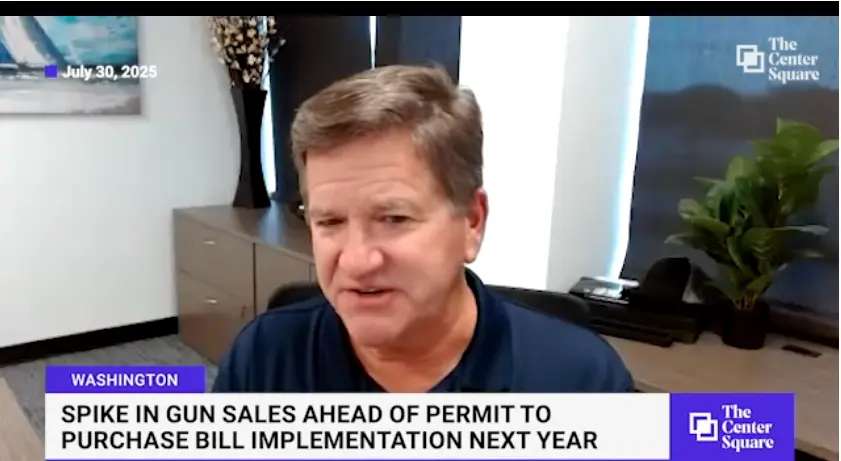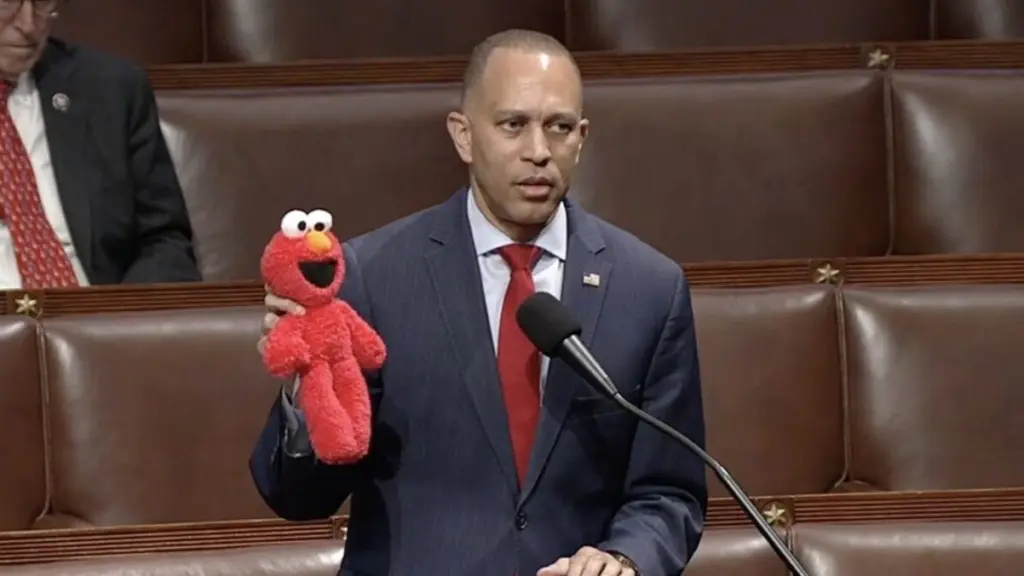BOISE, ID One of the first significant state government reorganizations since the 1970s is being considered by a group of Idaho lawmakers, who primarily want to increase efficiency and decrease the size of the government.
The first meeting of the Idaho Legislature’s DOGE Task Force, which was named after the federal Department of Government Efficiency and was formerly headed by billionaire Elon Musk before he resigned in May, took place at the Idaho State Capitol on Friday afternoon. Idaho House Bill 364 served as the impetus for the committee; it was approved by the House during the 2025 legislative session but failed to pass the Senate.
The committee’s mandate, according to committee co-chair Rep. Jeff Ehlers, R-Meridian, is to investigate three main areas: assess state travel; reduce unneeded personnel positions; and study all agencies and divisions for reduction, consolidation, or deletion.
Ehlers remarked, “There’s a lot to look at.” In order to truly have some legislation and policy brought forth by this committee that we can implement in the upcoming legislative session, we plan to accomplish a lot in the meantime.
Additionally, Ehlers stated that the committee would use an internet portal atlegislature.idaho.gov/doge to solicit public feedback on current inefficiencies and possible remedies.
Idaho GOP legislative leaders announced the task force’s formation in April, despite the DOGE bill’s demise during the legislative session. Legislative leaders have broad latitude to form interim committees that convene outside of the roughly three-month legislative session, Ehlers told the Idaho Capital Sun on Friday.
Transparent Idaho, a website that records state expenditures, and staff summaries of current state agencies and programs were presented to committee members on Friday.
In 1970, the state passed a constitutional amendment to combine government programs into no more than 20 executive branch agencies, with the exception of the offices of Idaho’s seven constitutional officers, according to Jared Tatro, who is in charge of the Legislative Services Office Impact Review team.
According to Tatro, the Legislature and voters supported this reform to make it simpler for citizens to access their government and find their way around.
There are numerous sub-units within each department. For example, the Office of Drug Policy and the Idaho Commission for the Blind are just two of the several entities that are part of the Office of the Governor.
According to Tatro, certain state agencies, like the State Board of Education, are outlined in the state constitution.
Amy Fecher, an official from Arkansas, also spoke to lawmakers on her state’s two-year-long process of restructuring and unifying its government. A more than 2,000-page measure that established a framework for the reorganization to reduce the 42 cabinet-level agencies to 15 was passed in 2019 by the Arkansas Legislature with the assistance of the Arkansas Transformation Advisory Board, which she helped manage.
We requested that the secretaries assess their new departments and offer suggestions on the fleet, real estate, employment, and other matters. “Fecher said.”
She informed lawmakers that it was impossible to track the cost savings from the revisions. According to her, the officials worked within the predetermined parameters because the state had a two-year budget.
The goal of the task force was endorsed by a number of public speakers. Serge Brown, one of the speakers, had doubts about the group’s ability to solve issues or merely repeat them.
Brown was informed by Idaho Representative Heather Scott, R-Blanchard, that the interim committee will give them more time to delve deeper because lawmakers only have so much time during the legislative session.
Scott added, “I sincerely believe you’re going to see some big things out of the committee, so I would encourage you to be patient with us and let the system work.”
In order to have legislation ready to suggest for the 2026 Idaho legislative session, Ehlers told the Sun he hopes the group will convene on a monthly basis.
As a 501c(3) public charity, Idaho Capital Sun is a member of States Newsroom, a nonprofit news network backed by grants and a network of supporters. The editorial freedom of the Idaho Capital Sun is maintained. For inquiries, email Editor Christina Lords at [email protected].











